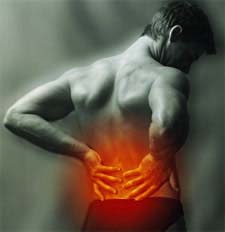 This observational study conducted by the Technische Universitat Munchen in Germany concluded “Acupuncture treatment is associated with clinically relevant improvements in patients suffering from chronic low back pain.”
This observational study conducted by the Technische Universitat Munchen in Germany concluded “Acupuncture treatment is associated with clinically relevant improvements in patients suffering from chronic low back pain.”
Here are the details.
 This observational study conducted by the Technische Universitat Munchen in Germany concluded “Acupuncture treatment is associated with clinically relevant improvements in patients suffering from chronic low back pain.”
This observational study conducted by the Technische Universitat Munchen in Germany concluded “Acupuncture treatment is associated with clinically relevant improvements in patients suffering from chronic low back pain.”
Here are the details.
![]() The Ontario Neurotrauma Foundation asked experts from Canada and the United States to establish research priorities in the area of urological care following spinal cord injury (SCI).
The Ontario Neurotrauma Foundation asked experts from Canada and the United States to establish research priorities in the area of urological care following spinal cord injury (SCI).
Among their 5 priorities was the recommendation to study the value of probiotics to control the growth of bacteria and treat infections in the urinary tract.
Continue reading Probiotics: A research priority for urological care
 That’s right. Treatment with beta-carotene, vitamin A, and vitamin E might increase mortality. The potential roles of vitamin C and selenium on mortality need further study.
That’s right. Treatment with beta-carotene, vitamin A, and vitamin E might increase mortality. The potential roles of vitamin C and selenium on mortality need further study.
These are the findings from the latest literature review and analysis published in The Journal of the American Medical Association (JAMA).
Continue reading Food for thought: Antioxidants might increase mortality
 The results of this study differ from two earlier reports (here and here) in women with breast cancer — and exercise appears to be the difference. Continue reading Greater survival after breast cancer in active women who eat fruits and veggies
The results of this study differ from two earlier reports (here and here) in women with breast cancer — and exercise appears to be the difference. Continue reading Greater survival after breast cancer in active women who eat fruits and veggies
 For now, “the evidence is not convincing enough to suggest that tai chi is an effective supportive treatment for cancer,” according to researchers from the Peninsula Medical School at the Universities of Exeter & Plymouth in the UK.
For now, “the evidence is not convincing enough to suggest that tai chi is an effective supportive treatment for cancer,” according to researchers from the Peninsula Medical School at the Universities of Exeter & Plymouth in the UK.
There was very little evidence to evaluate.
Continue reading Is tai chi effective complementary treatment for cancer?
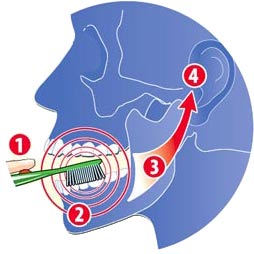 Some might call it heresy, but I think “Tooth Tunes” qualifies as innovation in the application of music therapy to oral hygene.
Some might call it heresy, but I think “Tooth Tunes” qualifies as innovation in the application of music therapy to oral hygene.
Really!
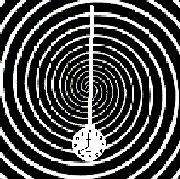 People with irritable bowel syndrome (IBS) experience abdominal pain or discomfort associated with diarrhea and/or constipation. Standard medical treatment options are limited. Therefore, many people choose to pursue CAM, including hypnotherapy.
People with irritable bowel syndrome (IBS) experience abdominal pain or discomfort associated with diarrhea and/or constipation. Standard medical treatment options are limited. Therefore, many people choose to pursue CAM, including hypnotherapy.
Continue reading Hypnotherapy treats irritable bowel syndrome
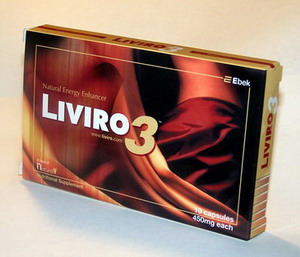 Liviro3 is a dietary supplement produced by Ebek, Inc.
Liviro3 is a dietary supplement produced by Ebek, Inc.
If you use it, stop now and read this. Report headaches and flushing to your doctor.
 In a letter to the editor several years ago, Dr. David von Weiss argued for consideration of mindfulness meditation when treating fibromyalgia.
In a letter to the editor several years ago, Dr. David von Weiss argued for consideration of mindfulness meditation when treating fibromyalgia.
As a family physician who taught mindfulness meditation, he found that patients with fibromyalgia were grateful for the improvement after learning this mind/body process.
A PubMed search on “mindfulness” and “fibromyalgia” disclosed only two clinical studies. Here’s what they report.
Continue reading Mindfulness meditation to relieve depression in women with fibromyalgia
 This is depressing. The number one problem facing herbal medicines today is the inability (or something) on the part of manufacturers to ensure quality control in the manufacturing of their products.
This is depressing. The number one problem facing herbal medicines today is the inability (or something) on the part of manufacturers to ensure quality control in the manufacturing of their products.
Here’s the latest on St. John’s wort.
 If I write about Wallace Sampson one more time he will qualify for his own category on the right sidebar.
If I write about Wallace Sampson one more time he will qualify for his own category on the right sidebar.
Dr. Sampson has another editorial on Medscape, opining about the old days.
Continue reading Dr. Sampson asks why clinical research has departed from rationality
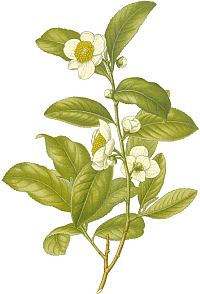 Biliary tract cancers are rare but highly fatal conditions. Epidemiological study results suggest that drinking tea, especially green tea, protects against a variety of cancers, including malignancies that affect the gastrointestinal tract.
Biliary tract cancers are rare but highly fatal conditions. Epidemiological study results suggest that drinking tea, especially green tea, protects against a variety of cancers, including malignancies that affect the gastrointestinal tract.
Now, a study in the International Journal of Cancer reports that women in Shanghai, China who drank at least one cup of tea each day for at least 6 months had a significantly lower risk of gallbladder cancer and biliary stones.
 I don’t know. But my first thought about this study is that a statistical improvement does not necessarily mean there’s a change that could affect your health in a meaningful way.
I don’t know. But my first thought about this study is that a statistical improvement does not necessarily mean there’s a change that could affect your health in a meaningful way.
Continue reading Should men with osteopenia or osteoporosis practice tai chi?
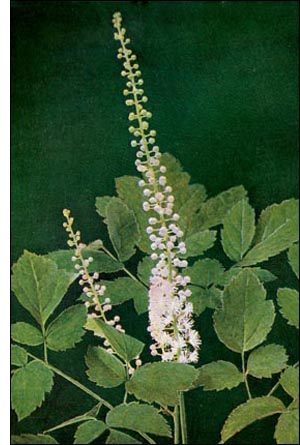 This site has discussed black cohosh before. Our focus was on the lack of effectiveness for the treatment for menopausal symptoms, and the lack of manufacturing standards that result in variability in product content of black cohosh.
This site has discussed black cohosh before. Our focus was on the lack of effectiveness for the treatment for menopausal symptoms, and the lack of manufacturing standards that result in variability in product content of black cohosh.
Now, following an analysis of 16 case reports of hepatotoxicity associated with the use of Cimicifugae racemosae rhizoma (black cohosh, root), the European Medicines Agency has advised consumers to stop taking black cohosh and consult their doctor immediately if they develop signs and symptoms suggestive of liver injury. Examples include tiredness, loss of appetite, yellowing of the skin and eyes, or severe upper stomach pain with nausea and vomiting or dark urine.
Be forewarned.
7/21/06 21:11 JR
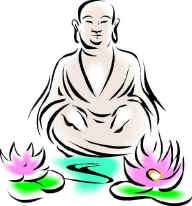
The product of this searching and concocting is Suspension SH (aka Compound SH).
Elemental diets (ED) are liquid diets that contain all the nutrients your body needs. The nutrients are usually taken in a digested form and give the digestive system a rest.
The results of this study reveal that patients with inflammatory Crohn’s disease do better when ED is combined with infliximab (Remicade) compared to taking infliximab alone.
![]() Transcendental Meditation is a frequent source of heated debate. Just check out the entry on Wikipedia. It’s a positive read except that much of it is contested. Such is the risk of the “free encyclopedia.” Robert Todd Carroll has a more skeptical view of TM.
Transcendental Meditation is a frequent source of heated debate. Just check out the entry on Wikipedia. It’s a positive read except that much of it is contested. Such is the risk of the “free encyclopedia.” Robert Todd Carroll has a more skeptical view of TM.
Anyway, with that in mind, here’s a study of the effectiveness of transcendental meditation on functional capacity and quality of life of African Americans with congestive heart failure.
 Wow, I’m actually getting comments to my posts! Does that mean the site is getting popular, or that I’m in need of correction?
Wow, I’m actually getting comments to my posts! Does that mean the site is getting popular, or that I’m in need of correction?
You be the judge.
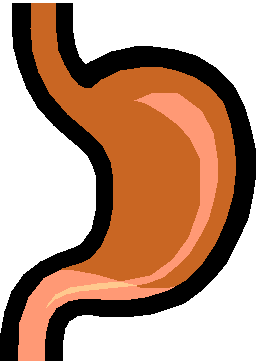 It’s only February, but I was wondering today what might be the most significant story in CAM for 2007. Perhaps it will be an increase in credible studies published in well-respected peer reviewed mainstream medicine journals.
It’s only February, but I was wondering today what might be the most significant story in CAM for 2007. Perhaps it will be an increase in credible studies published in well-respected peer reviewed mainstream medicine journals.
Here’s one on effects of electroacupuncture in patients with functional dyspepsia. It was published in Digestive Diseases and Sciences.
Continue reading Electroacupuncture to treat functional dyspepsia